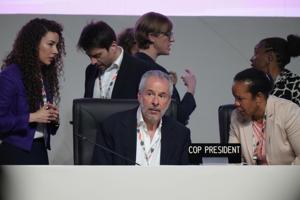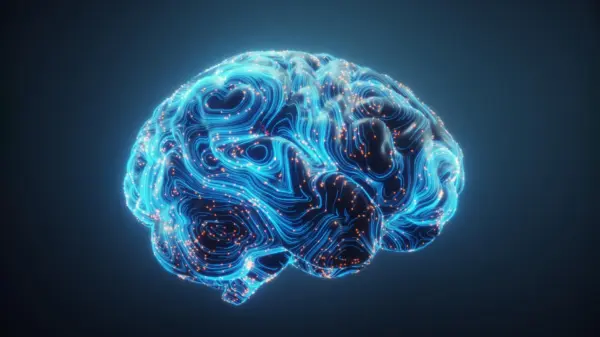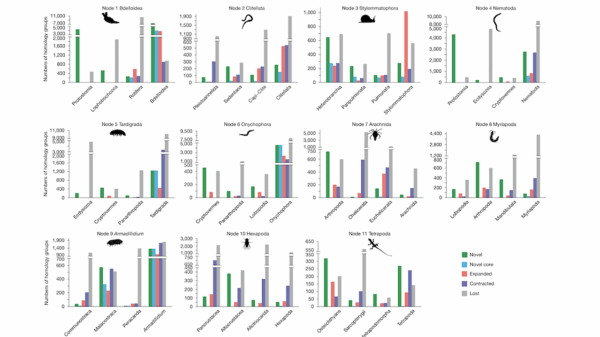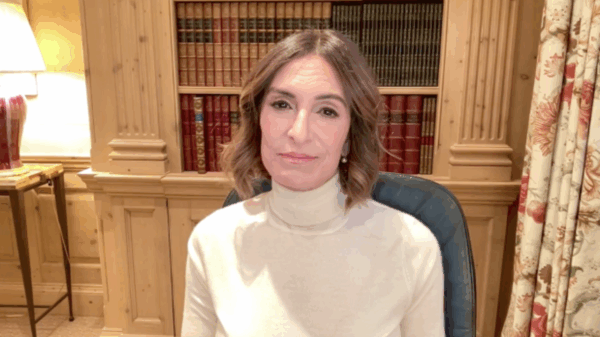Recent studies have sparked interest in the concept of love addiction, a condition that currently lacks formal recognition as a mental illness. Despite the absence of an official diagnosis, researchers are delving into the psychological ramifications of romantic relationships, particularly the effects of heartbreak and obsessive love.
Many experts remain divided on whether love addiction qualifies as a legitimate mental health issue. Some argue that the emotional pain associated with love can lead to significant psychological distress, while others caution against categorizing common heartbreak as a disorder. Nevertheless, the growing body of research presents compelling findings that warrant further examination.
Understanding Love Addiction
Love addiction is characterized by an overwhelming preoccupation with romantic relationships, often to the detriment of one’s well-being. Individuals experiencing this condition may exhibit behaviors similar to those seen in substance addiction, including compulsive behavior and difficulty functioning in daily life. This pattern raises important questions about the psychological impact of intense romantic experiences.
According to a recent study published in the *International Journal of Mental Health* in 2023, approximately 20% of individuals in romantic relationships report symptoms consistent with love addiction. These symptoms can include obsessive thoughts about a partner, emotional dependency, and a persistent need for validation through romantic connections.
Research indicates that love addiction may lead to various mental health issues, including anxiety, depression, and low self-esteem. The emotional toll can be particularly severe when relationships end, leading to what some psychologists refer to as “romantic withdrawal.” This phenomenon can resemble withdrawal symptoms seen in substance abuse, highlighting the need for a deeper understanding of love addiction.
The Ongoing Debate
As the conversation around love addiction gains momentum, mental health professionals are weighing the implications of defining it as a mental illness. Prominent psychologist Dr. Sarah Thompson asserts that while heartbreak is common, the behaviors exhibited by those with love addiction can disrupt daily functioning. “We need to recognize the potential for love addiction to impact mental health,” she explains. “It’s crucial to study these behaviors more closely to determine their long-term effects.”
On the other hand, critics caution against labeling love addiction as a mental illness. They argue that love is a natural human experience, and labeling emotional distress from relationships could lead to over-medicalization of common experiences. Dr. Michael Lee, a prominent psychiatrist, emphasizes that “not every emotional struggle should be classified as a disorder. We must tread carefully to avoid stigmatizing normal emotional responses.”
Despite differing opinions, the research surrounding love addiction is likely to continue evolving. Studies aimed at understanding the neurological basis of romantic attachment and obsession are underway, and preliminary findings suggest a connection between love addiction and dopamine regulation in the brain. This research could pave the way for new treatments and therapeutic approaches for those struggling with the emotional aftermath of romantic relationships.
As the field of mental health continues to grow, love addiction remains a topic of interest and debate. Understanding the psychological impact of romantic relationships is essential for developing effective interventions and support systems. Continued research may eventually lead to a clearer definition of love addiction, providing valuable insights for mental health professionals and those affected by this condition.
The exploration of love addiction highlights the intricate relationship between our emotional lives and mental health. As more studies emerge, society may gain a better understanding of how love can influence our well-being, potentially leading to new approaches in therapy and mental health care.



































































